Ernest Van der Hallen (Lier, June 2, 1898 - there, February 24, 1948) was a Flemish writer and Catholic youth leader during the Interbellum. Van der Hallen was an inspirational figure for the Flemish nationalist youth movement.
Contents

Ernest Van der Hallen (Lier, June 2, 1898 - there, February 24, 1948) was a Flemish writer and Catholic youth leader during the Interbellum. Van der Hallen was an inspirational figure for the Flemish nationalist youth movement.


Gerard Kornelis van het Reve was a Dutch writer. He started writing as Simon Gerard van het Reve and adopted the shorter Gerard Reve in 1973. Together with Willem Frederik Hermans and Harry Mulisch, he is considered one of the "Great Three" of Dutch post-war literature. His 1981 novel De vierde man was the basis for Paul Verhoeven's 1983 film.

Franciscus "Frank" Petrus Maria Lateur, known as Stijn Streuvels, was a Flemish Belgian writer.
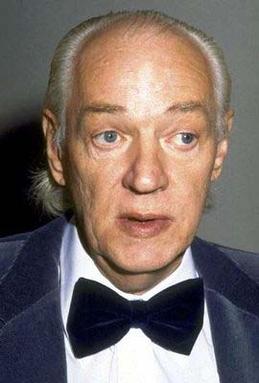
Lambertus Jacobus Johannes "Bertus" Aafjes was a Dutch poet noteworthy for his poems about resistance to German occupation during World War II.

Leopold Maximiliaan Felix Timmermans is a much translated author from Flanders. He was nominated for the Nobel Prize in Literature three times.

Cyrillus Gustave Emile "Cyriel" Buysse was a Flemish naturalist author and playwright. He also wrote under the following pseudonyms: Louis Bonheyden, Prosper Van Hove and Robert Palmer.
Isidoor Teirlinck was a Belgian writer. He is best known for his work on folklore.
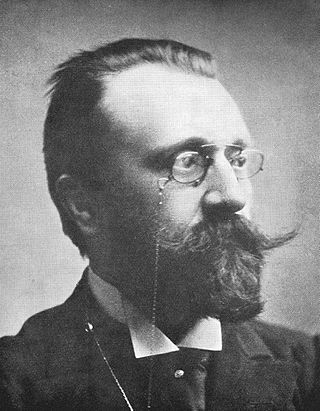
Charles Polydore de Mont or Pol de Mont was a Belgian writer and poet.

Jacob Lodewijk Gerard, Baron Walschap, was a Belgian writer.

Herman Louis Cesar Teirlinck was a Belgian writer. He was the fifth child and only son of Isidoor Teirlinck and Oda van Nieuwenhove, who were both teachers in Brussels. As a child, he had frail health and spent much of his time at the countryside in Zegelsem, with his paternal grandparents. He was nominated for the Nobel Prize in Literature six times.
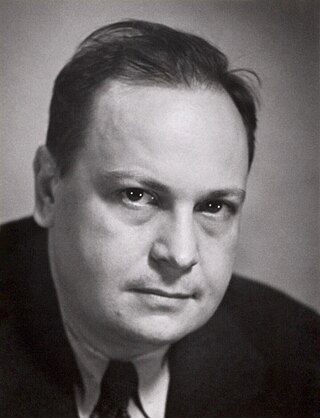
Charles Edgar du Perron, more commonly known as E. du Perron, was a Dutch poet and author. He is best known for his literary acclaimed masterpiece Land van herkomst of 1935. Together with Menno ter Braak and Maurice Roelants he founded the short-lived but influential literary magazine Forum in 1932.

Carolus Petrus Eduardus Maria "Karel" van de Woestijne was a Flemish writer and brother of the painter Gustave van de Woestijne. He went to highschool at the Koninklijk Athenaeum at the Ottogracht in Ghent. He also studied Germanic philology at the University of Ghent, where he came into contact with French symbolism. He lived at Sint-Martens-Latem from April 1900 up to January 1904, and from April 1905 up to November 1906. Here he wrote Laetemsche brieven over de lente, for his friend Adolf Herckenrath (1901). In 1907 he moved to Brussels, and in 1915 he moved to Pamel, where he wrote De leemen torens together with Herman Teirlinck.
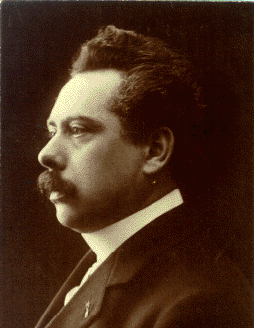
Maurits Sabbe, born Maurice Charles Marie Guillaume Sabbe, was a Flemish man of letters and educator who became curator of the Plantin-Moretus Museum in Antwerp.

Mathilda (Til) Brugman was a Dutch author, poet, translator, and linguist.

Henri Paul René Ceuppens, who wrote under the pseudonym Ivo Michiels, was a Belgian writer.
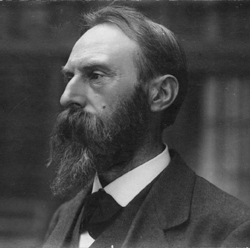
miniatuur Lodewijk Mortelmans was a Belgian composer and conductor of Flemish ancestry. Sometimes called de Vlaamse Brahms, Mortelmans composed in a number of forms, including piano music and orchestral works, but he was most celebrated in his day for his art songs. Beginning in 1899, he often set the poetry of the priest Guido Gezelle. His opera De Kinderen der Zee was first produced in 1920 at the Vlaamse Opera.

Robert Nieuwenhuys was a Dutch writer of Indo descent. The son of a 'Totok' Dutchman and an Indo-European mother, he and his younger brother Roelof, grew up in Batavia, where his father was the managing director of the renowned Hotel des Indes.
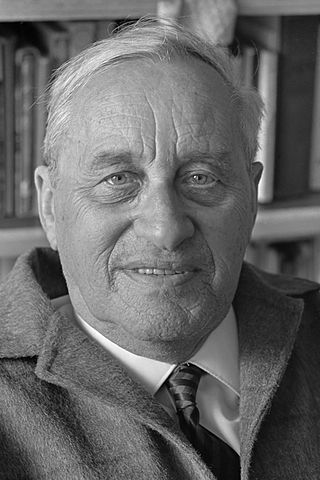
Josephus Carel Franciscus (Jef) Last was a Dutch poet, writer, translator and cosmopolitan.
Henk Schulte Nordholt was an art history professor and scholar from the Netherlands. He studied German language and literature, history, and art history at the University of Amsterdam from 1932 until 1939 and then taught German and history at the Rijnlands Lyceum in Wassenaar. He earned a doctorate under Jan Romein (1893-1962) in 1948 from the University of Amsterdam and wrote a historiography of the Renaissance. He admired Jacob Burckhardt.
Arthur Meulemans was a Belgian composer, conductor, and music teacher.
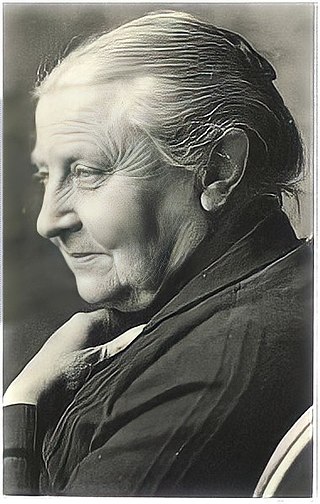
Marie-Elisabeth Belpaire was a Belgian writer and activist. She was known as the "mother of the Flemish Movement".